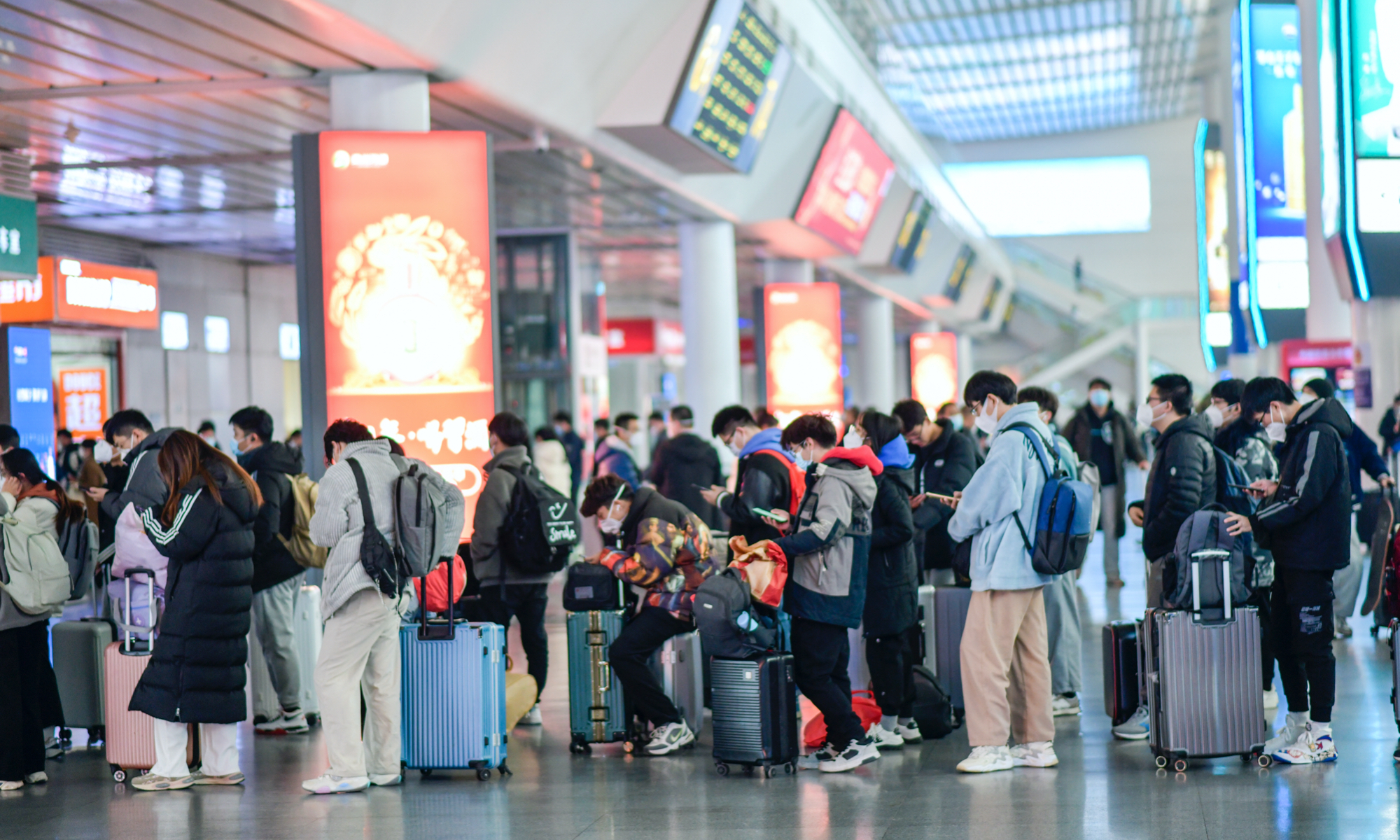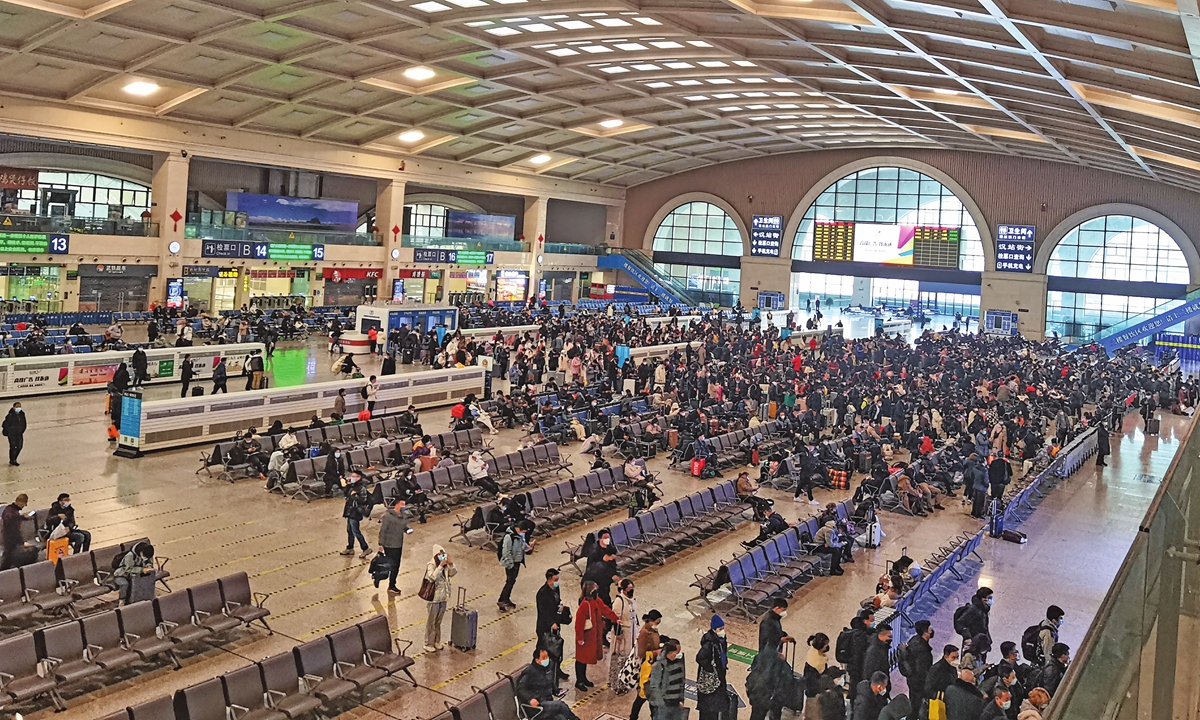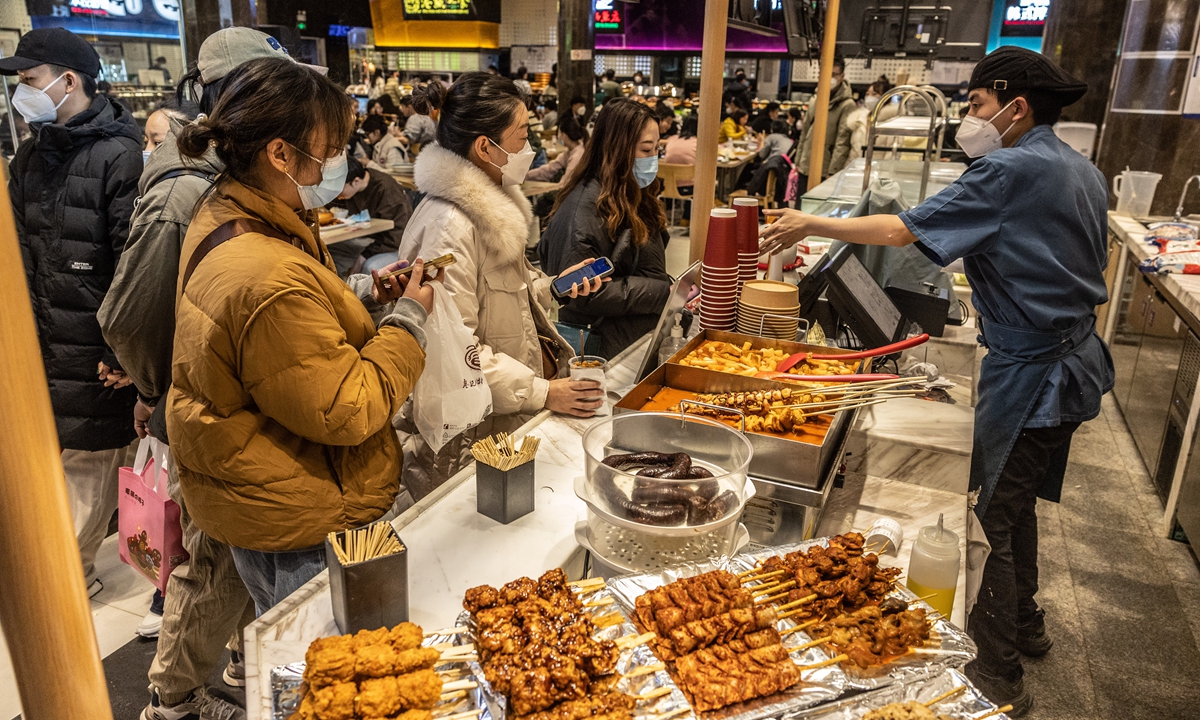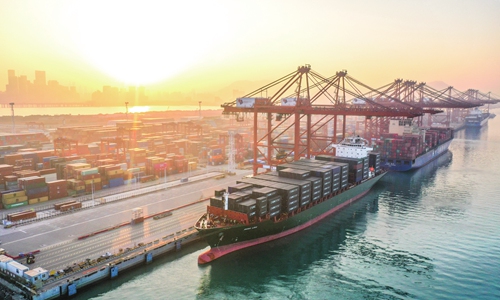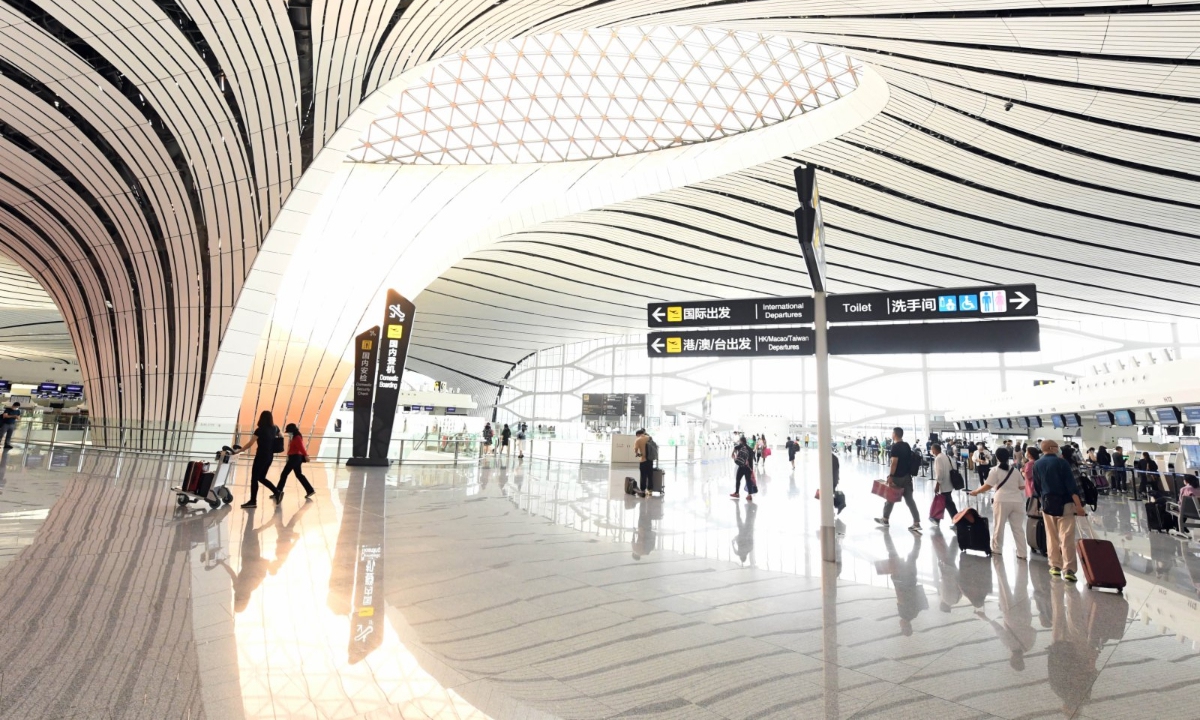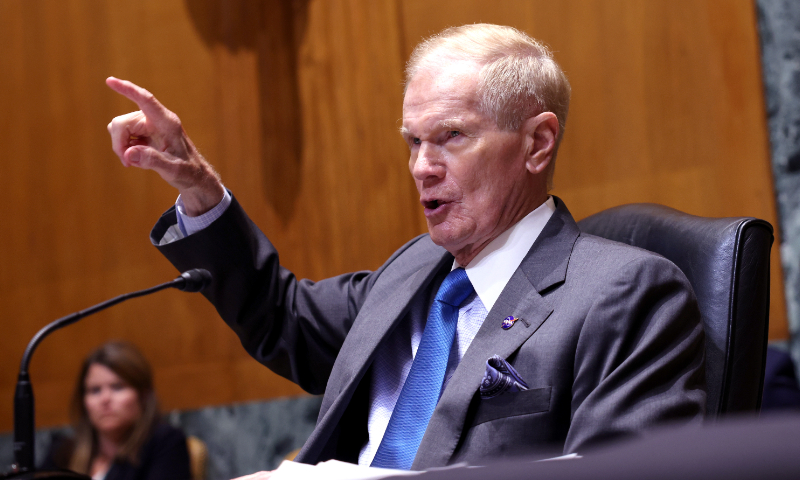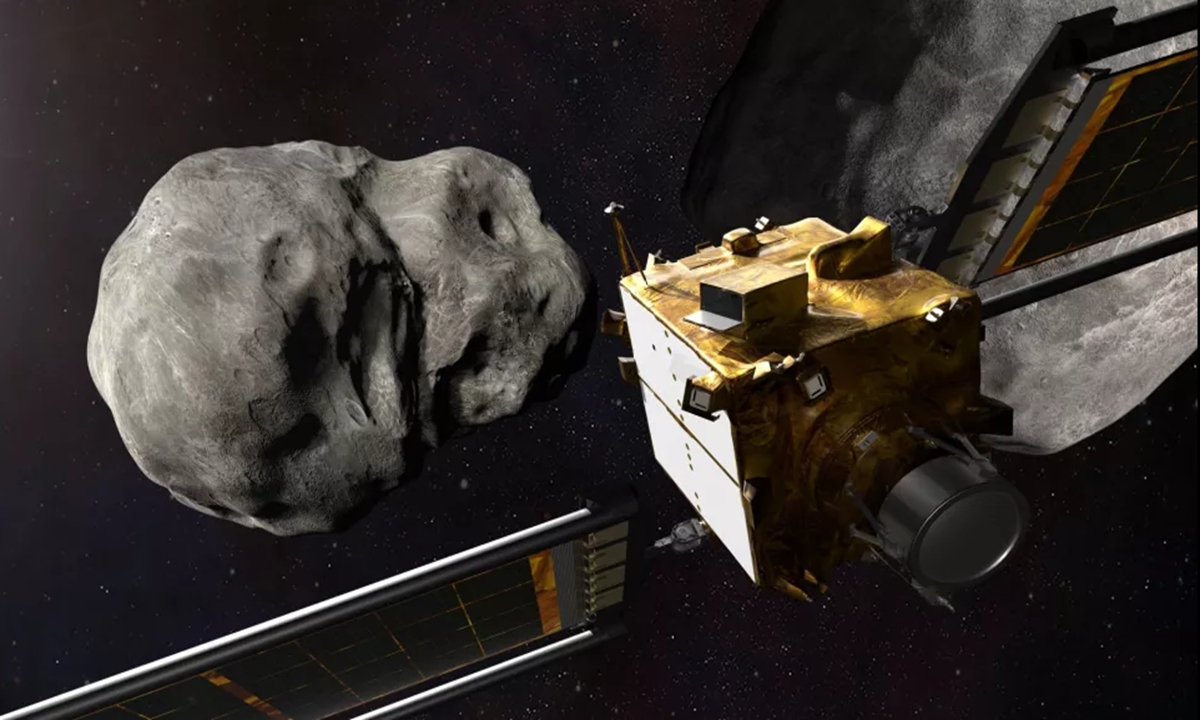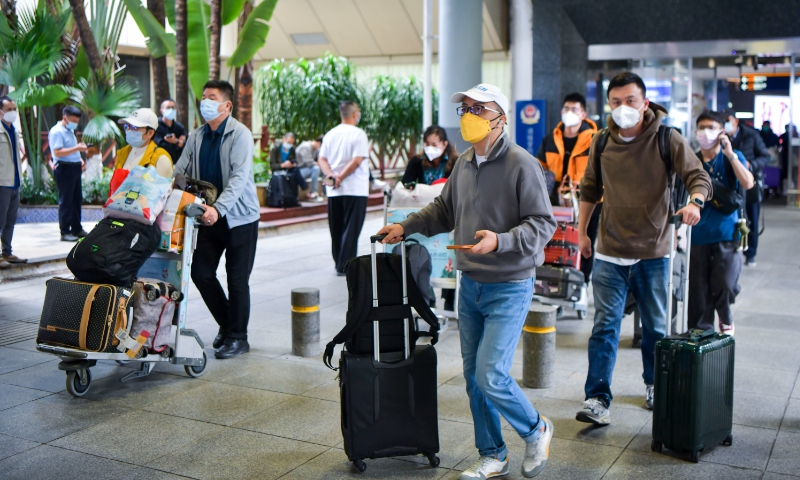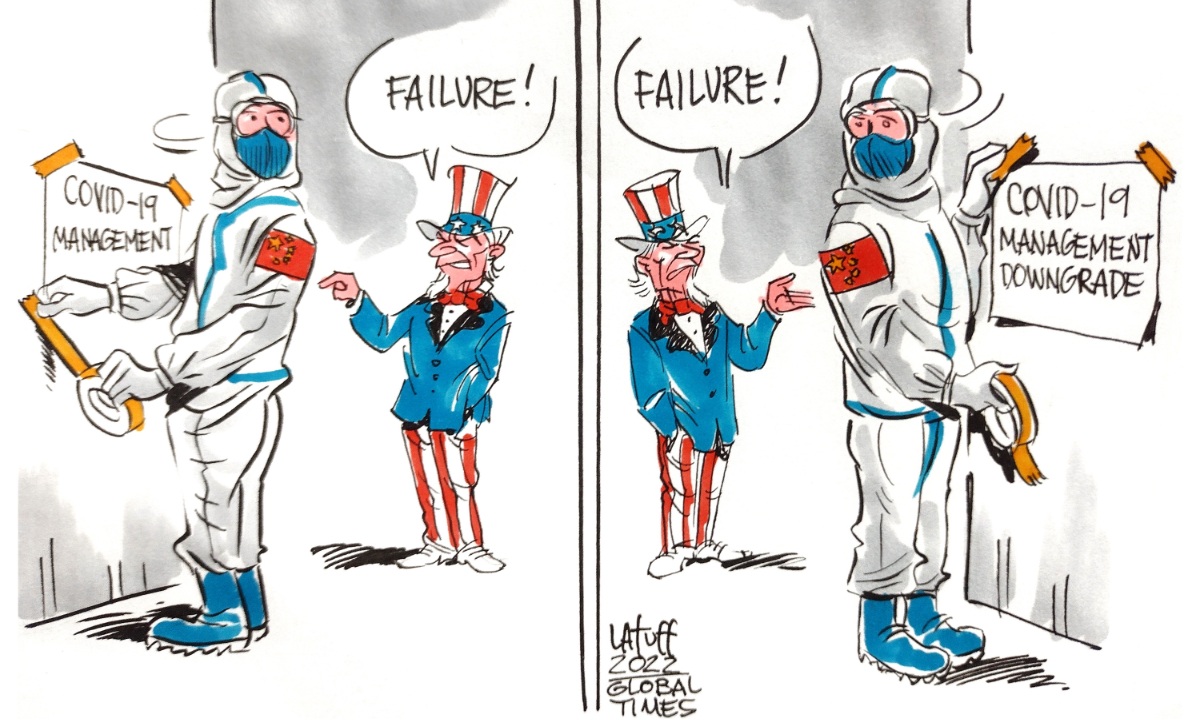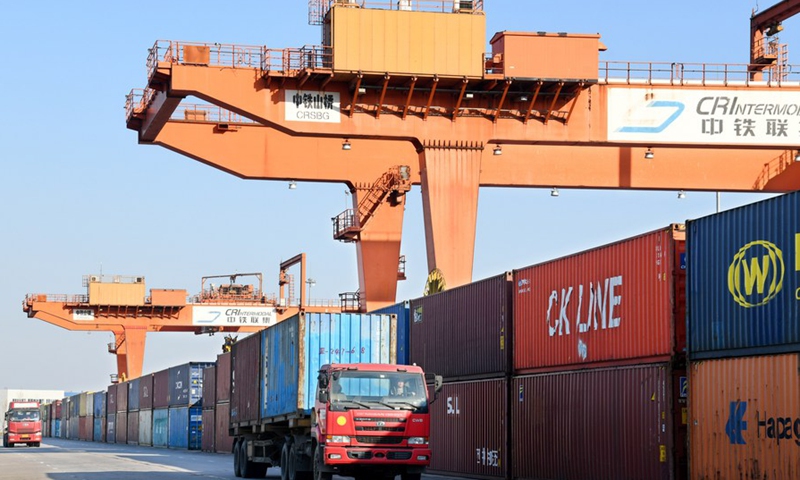AS we welcome 2023, one of the central themes this year will be how high will interest rates rise after the relentless pursuit taken by global central banks in fighting inflation with persistent and measured rate hikes in 2022.
As can be seen from Chart 1, from the 75 basis points (bps) hike by the Bank of Thailand to the 425 bps hike by the US Federal Reserve (Fed), the year 2022 has certainly been a busy year for central banks.
Central banks had no choice but to raise rates to fend off inflationary pressure that has been persistent throughout the year, although there have been some signs of easing lately.Not to be left behind, even the Bank of Japan, while not lifting key benchmark rate, allowed its 10-year Japanese government bonds to move 50 bps from its 0% target, instead of 25 bps earlier.
It is a move that is seen recognising that inflation is finally biting the Japanese too.
Chart 2 shows that based on November 2022 statistics, the depositors are at the losing end as the 12-month deposit rate was 132 bps lower than the monthly inflation print of 4%.
Can inflation be tamed?
Reading inflationary pressures and forecasting where it is going is not an easy task especially when inflation prints itself is a combination of many factors and not just commodity prices and supply chain disruption that has been the core issues among central banks the past year. Although the global economic momentum has eased, global aggregate demand is still rising and much higher than it was before the pandemic.
Hence, there has been not only a persistent rise in consumer demand but one that is not matched by consistent supply provided in the marketplace, resulting in a hike in aggregate prices.
In theory, inflation is tamed by using monetary tightening measures as it is believed that by raising interest rates, consumers and businesses will be impacted by higher borrowing costs, resulting in lower consumption as well as a slower pace of investments, which in turn will reduce aggregate demand.
Nevertheless, rate hikes have also other consequential impacts on the economy in the form of a weaker or a stronger currency, depending on the relative increase in domestic rates vis-à-vis the comparative increase in other corresponding currencies.
For example, for the United States, the relentless increase by the Fed has caused a significant rally in the US Dollar Index, which rose to a high of US$114 (RM501) last year, up almost 20%, before easing to close the year at US$103 (RM454), down 9.3% from its peak, but still higher by more than 8%.
The surge in the dollar made US imports cheaper from the rest of the world, in particular those from China, even cheaper, which allows the US retail prices at the store to be relatively lower than they used to be before the rally in the dollar.
In essence, while the surge in US interest rates has reduced disposable income due to higher borrowing costs, which in turn lowered consumer demand, it has also caused imported end product prices to be relatively cheaper than before, allowing aggregate prices to be lower as well.
This suggests that US consumer products are in for a double-whammy in terms of prices as aggregate demand has been reduced due to lower disposable income and at the same time for products that are imported, prices too have eased due to the strength of the greenback.
For an economist, this is good news as the intended outcome will likely be achieved in taming inflationary pressure due to persistent hikes in interest rates. A look at inflation prints from the peaks in 2022, both the core Consumer Price Index (CPI) and the Personal Consumption Expenditures index (PCE) have eased, falling by 67 bps and 62 bps from the highs and were last seen at 6% and 4.7% respectively.
Are we there yet?
After a 425 bps hike, the Fed’s message in the minutes of the Federal Open Market Committee (FOMC) released this week was an important one as it guided the market to expect higher rates going into 2023 but at the same time also signalled that the war against inflation is far from over and the Fed will continue to raise rates until it can achieve its targeted inflation print.
Compared with its September forecast of 4.6%, the Fed has now raised its median Fed Fund Rate (FFR) for 2023 to 5.1%, an increase of 50 bps while at the same time, the Fed also expects median FFR to drop by 100 bps each in 2024 and 2025 to 4.1% and 3.1% from earlier projected rate of 3.9% and 2.9% respectively.
Core PCE inflation, which is the Fed’s benchmark rate for inflationary pressure, is now expected to hit a median rate of 4.8% in 2022 before easing to 3.5% and 2.5% in 2023 and 2024 respectively.
By all means, the Fed is forecasting that inflation will be tamed in time to come. Hence, in all likelihood, we have seen the peak in inflationary pressure but perhaps we will be in for a higher US rate for longer before we see the Fed’s pivot.
Contrary to market expectations, the FOMC minutes this week revealed that the Fed is not expected to cut rates in 2023.
As for the market, based on Fed Fund Futures the Fed is expected to raise the FFR by 25 bps each over the next three meetings to reach 5.00% and 5.25%, followed by two rate cuts of 25 bps each in the second half of 2023, bringing the FFR back to 4.5% and 4.75% at the end of 2023.
Bank Negara to stand pat?
Compared to many central banks in the region or globally, Bank Negara move to raise the benchmark Overnight Policy Rate (OPR) by 100 bps last year is seen as rather muted.
Based on the year-to-date core CPI of 2.9% up to November 2022, the inflationary pressure experienced by Malaysia remained within Bank Negara’s forecast of between 2% and 3% for the year and going into 2023, core inflation prints will remain elevated at the beginning of the year but may ease later on, especially with the current government’s efforts in reducing the cost of living.
Given that scenario and the likelihood that the Fed and other regional central banks too are almost done raising rates, Bank Negara may stand pat and leave the OPR unchanged for 2023 at 2.75%. After all, a higher rate of between 25 bps to 50 bps as predicted by many broking firms will only result in higher borrowing costs for consumers and businesses, a move that will likely accelerate the pace of economic slowdown in 2023. By leaving the OPR unchanged, Bank Negara is signalling that it is done with raising rates and the current rate remains commodative and supportive of economic growth.
Positive real returns?
One of the arguments for higher interest rates is whether depositors are getting positive real returns, which is the difference between fixed deposit rates and inflation prints.
Chart 2 shows that based on November 2022 statistics, the depositors are at the losing end as the 12-month deposit rate was 132 bps lower than the monthly inflation print of 4%.
However, interestingly, as the market is anticipating rate hikes of 25 bps in the January 2023 Monetary Policy Committee meeting and another hike in March 2023, 12-month fixed deposit rates of many banks have passed the 3% mark and depositors could even easily enjoy rates up to 4% as promotional activities to attract fresh deposits have intensified over the past month. With that, depositors are already getting returns close to the headline monthly inflation prints.
In conclusion, while it makes sense for Bank Negara to stand pat and not raise rates in its first two meetings this year as widely expected, the market has already priced in the scenario that the central bank is ready to raise rates by 50 bps to take the benchmark OPR to 3.25%, the level last seen in March 2019, almost four years ago.
 Pankaj C. Kumar is a long-time investment analyst. The views expressed here are the writer’s own.
Pankaj C. Kumar is a long-time investment analyst. The views expressed here are the writer’s own.
Riding on higher rates
When the Overnight Policy Rate (OPR) increases, banks can charge higher interest rates on loans, which expands their margins. But, there are other beneficiaries of higher OPR, including fixed deposit holders.













 People enjoy leisure time at a business center in Beijing, capital of China, Dec 24, 2022. In recent days, business areas in Beijing have bustled again as the epidemic prevention and control measures have been optimized in line with the evolving epidemic situation. Photo:Xinhua
Chinese experts on Thursday attended an online briefing for the World Health Organization (WHO) members to provide a further update on COVID-19 epidemic information. The WHO said that China has stepped up efforts to share information on the epidemic over the past few weeks, Chinese Foreign Ministry Spokesperson Mao Ning said on Friday.
According to the WHO, China has been uploading genetic sequencing data of the virus and sharing more information about the epidemic over the past few weeks. China is ready to strengthen cooperation with the international community including the WHO to better tackle challenges of the epidemic and protect people's lives and health, said Mao.
Experts from the Chinese Center for Disease Control and Prevention and Southeast University attended the online briefing for member states of the WHO on Thursday, according to the National Health Commission, a latest move by China to carry out close cooperation with the WHO.
At the meeting, the WHO Secretariat briefed member states on the latest situation of the global coronavirus outbreak and vaccination coverage. The Chinese experts introduced China's current measures for COVID-19 prevention and control, variant strains monitoring, vaccination and clinical treatment, and actively exchanged views with member states, according to the health authorities.
Mao said on Thursday that since COVID began, China has shared information and data with the international community including the US in an open and transparent manner, in response to the international community's concerns over China's epidemic situation and requests for more detailed and accurate information.
China has held several technical meetings with the WHO and Mao also briefly revealed the related information at the regular press briefing. Mao confirmed on Thursday that Chinese experts would further inform the WHO of epidemic containment in China in detail and respond to technical issues that are of concern to other parties at the WHO briefing with member states.
Mao noted that facts have proven that China has always maintained close communication with the WHO and shared information and data on the epidemic in a timely, open and transparent manner in accordance with law.
People enjoy leisure time at a business center in Beijing, capital of China, Dec 24, 2022. In recent days, business areas in Beijing have bustled again as the epidemic prevention and control measures have been optimized in line with the evolving epidemic situation. Photo:Xinhua
Chinese experts on Thursday attended an online briefing for the World Health Organization (WHO) members to provide a further update on COVID-19 epidemic information. The WHO said that China has stepped up efforts to share information on the epidemic over the past few weeks, Chinese Foreign Ministry Spokesperson Mao Ning said on Friday.
According to the WHO, China has been uploading genetic sequencing data of the virus and sharing more information about the epidemic over the past few weeks. China is ready to strengthen cooperation with the international community including the WHO to better tackle challenges of the epidemic and protect people's lives and health, said Mao.
Experts from the Chinese Center for Disease Control and Prevention and Southeast University attended the online briefing for member states of the WHO on Thursday, according to the National Health Commission, a latest move by China to carry out close cooperation with the WHO.
At the meeting, the WHO Secretariat briefed member states on the latest situation of the global coronavirus outbreak and vaccination coverage. The Chinese experts introduced China's current measures for COVID-19 prevention and control, variant strains monitoring, vaccination and clinical treatment, and actively exchanged views with member states, according to the health authorities.
Mao said on Thursday that since COVID began, China has shared information and data with the international community including the US in an open and transparent manner, in response to the international community's concerns over China's epidemic situation and requests for more detailed and accurate information.
China has held several technical meetings with the WHO and Mao also briefly revealed the related information at the regular press briefing. Mao confirmed on Thursday that Chinese experts would further inform the WHO of epidemic containment in China in detail and respond to technical issues that are of concern to other parties at the WHO briefing with member states.
Mao noted that facts have proven that China has always maintained close communication with the WHO and shared information and data on the epidemic in a timely, open and transparent manner in accordance with law.

